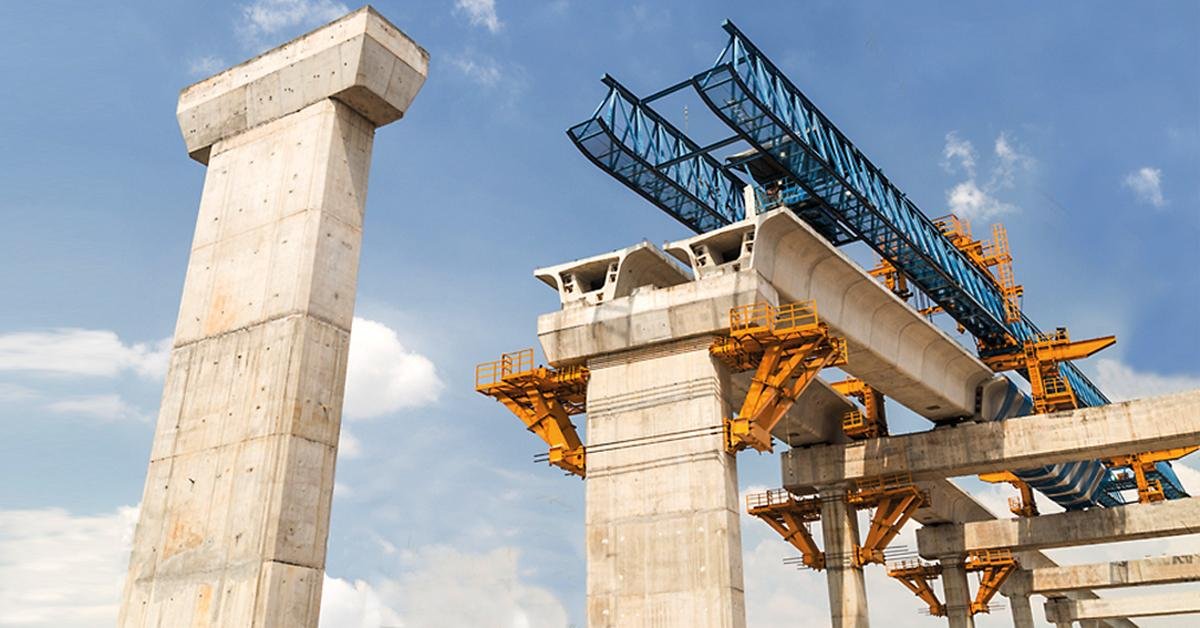The cost of the much-anticipated cable-stayed bridge connecting Mumbai’s Versova to Madh Island has seen a significant surge, with the Brihanmumbai Municipal Corporation (BMC) now estimating a 60% increase in the project’s expenses. Initially pegged at ₹1,800 crore when tenders were first floated in March 2024, the contract was awarded to APCO Infratech Private Limited for ₹2,029 crore. However, this week, the BMC revised the contract value upwards, attributing the cost escalation to various market-driven factors.
BMC officials have stated that the revised contract value is a reflection of adjustments made to accommodate market fluctuations, including the rising cost of labour and construction materials. “Due to the three-year timeline for completion, we have had to factor in extra costs, including casting yard rental, post-construction maintenance, and increasing raw material prices,” explained a BMC representative, according to sources.
The planned 2.06-kilometre cable-stayed bridge is designed to span Madh Creek, providing a direct link between Madh Island and Versova. Presently, the two areas are connected only by a jetty, which forces motorists to navigate a longer route via Link Road, S V Road, or the Western Express Highway—a journey that can exceed 45 minutes during peak hours. The new bridge aims to reduce this travel time to a mere five minutes, significantly enhancing connectivity and reducing traffic congestion. Additionally, the bridge would offer a much-needed alternative to ferry services, which are suspended during the monsoon season, further underscoring its importance.
Initially proposed in 2015, the bridge project has been delayed several times due to a variety of challenges. The final blueprint was only approved in 2020 after undergoing rigorous environmental assessments due to its alignment through sensitive mangrove ecosystems and coastal regulatory zones. In March 2022, the Maharashtra Coastal Zone Management Authority (MCZMA) requested an alternate alignment to minimise environmental damage. Local fishermen also raised concerns, fearing that the bridge could interfere with traditional boat parking spots. Despite these hurdles, the BMC finally secured the required environmental clearances in January 2024, paving the way for the project to move forward.
With the recent cost escalation, the BMC faces further scrutiny over the project’s financial management. The increased expenditure comes amid concerns over budgetary constraints and calls for greater transparency in the use of public funds. However, the BMC maintains that the bridge is a critical piece of infrastructure that will bring long-term benefits to Mumbai’s residents by easing traffic, reducing travel time, and improving overall connectivity between key localities. The upward revision In costs has raised questions about the viability and sustainability of large-scale infrastructure projects in a volatile economic climate.


